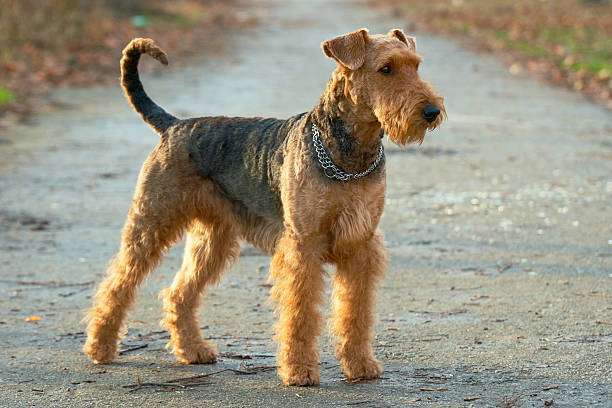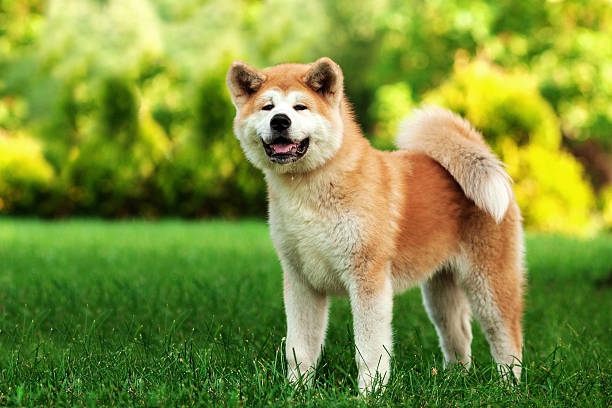
Airedale Terrier: History, Characteristics, Temperament, Health, Training, Exercise, Grooming, and Choosing the Right Dog Airedale Terrier: The King of TerriersThe Airedale Terrier, often referred to as the "King of Terriers," is a remarkable breed known for its intelligence, versatility,...



